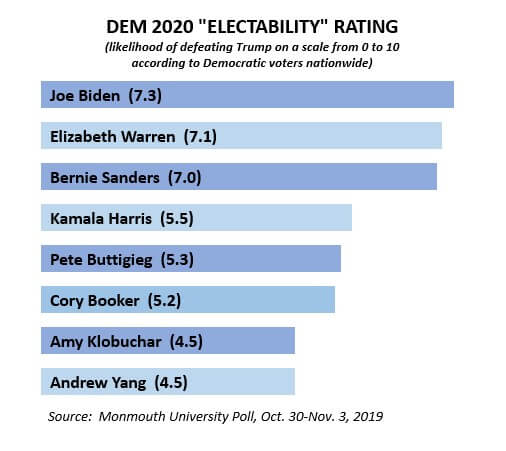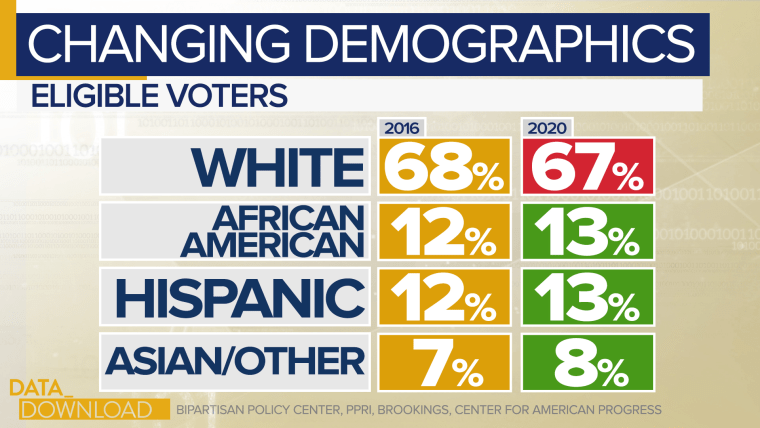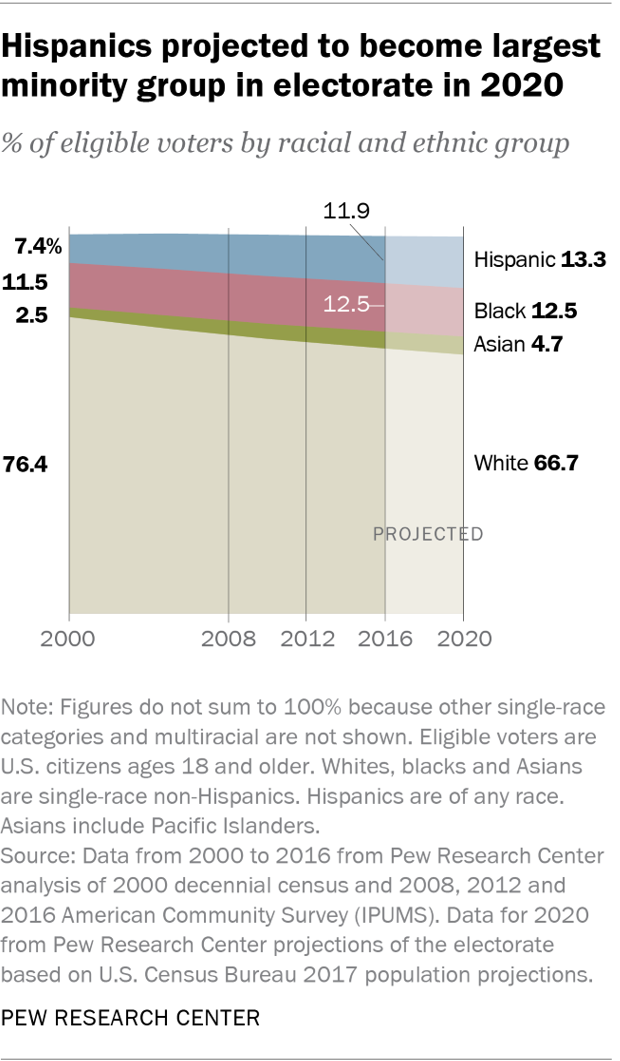Hello Everyone:
It is Wednesday and time for Blogger Candidate Forum. We have impeachment-palzooa news. The big news, get ready for impeachment inquiry live and nationwide. Representative Adam Schiff, chair of the House of Representatives Intelligence Committee, announced that public hearings will begin less than one week from today and first up is former Ukraine diplomat William Taylor. Be careful what you wish for. You may get it and may regret it. The second item of big news, former American Ambassador to the European Union Gordon Sondland returned to Capitol Hill to present further testimony to the House Intelligence Committee. It was major reversal of his previous testimony to impeachment investigators, admitting a quid pro quo linking American military aid to a Ukrainian investigation into Hunter and former Vice President Joe Biden--Mr. Donald Trump's potential political rival. Finally, congratulations to all the winners of last night's elections in Kentucky and Virginia. Onward.
 |
| The women of the House (2018) time.com |
"Just not her." This is the familiar refrain when American voters are asked whether they favor a particular female candidate. What is it about female candidates for any office that makes drawing support harder than her male counterpart? Fact: A woman can be the most qualified person for office but if she does not resonate with voters, for any reason, she will have a difficult time winning her election.
Case in point, former Secretary of State Hillary Clinton. You knew that The Candidate Forum was going to mention Madame Secretary. Madame Secretary is an extraordinarily accomplished person: advocate for gender equality and children's healthcare, former state and American first lady, New York Senator, and Secretary of State. She has the kind of resume that would anyone would be proud to have. In 2016, she was the Democratic nominee for president. Despite winning the popular vote and being ahead in the polls, she lost the Electoral College. The reality of the loss was she did not connect with the male and female voters that chose Mr. Trump. Senator Elizabeth Warren (D-MA), one of the current Democratic front runners, is facing the same problem: Voters are game for a female president, "just not her." If not her, then who? Shall we take a look at the myth of of electability?
 |
| thirdway.org |
What does it mean when we say a candidate--male or female--is electable? Historically, being electable meant white and male. However, this is 2019 and candidates for local, state, and federal offices now include men and women of all nationalities and sexual orientations. Thus, the traditional electability narrative no longer rings true, and more ominously, a threat to American democracy and economic stability (thehill.com; June 28, 2019; date accessed Nov. 6, 2019). With less than one year to go before Election Day and less than three months before the Iowa Caucus, the magnitude of this no-longer-true narrative grows larger, now is good time to examine electability and historic bias and its implications.
 |
| monmouth.edu |
"Electability means the probability that a candidate will win based on how closely their demographics, namely gender and race, match the demographics [fivethirtyeight.com; Aug. 21, 2018; date accessed Nov. 6, 2019] of previously victorious candidates" (thehill.com; June 28, 2019). Therefore, under the presumed definition of electability (fivethirtyeight.com; Aug. 21, 2018), a female candidate of color like Senator Kamala Harris (D-CA) is less electable than a white male candidate such VPOTUS or Senator Bernie Sanders (D-VT). The traditional definition of electability was a reason why the election of President Barack Obama was such a jarring moment in American history.
The ratings chart on the left bear this out. Age, gender, and race are factors in the difference between the electability ratings between the two leading female and male candidates. You should note that the Lady from Massachusetts--a white, older, female--is right on the heels of VPOTUS.
Katica Roy writes, "The bias in our thinking reflects the complexities of our brains. Human intelligence evolved [psycnet.apa,org; date accessed Nov. 6, 2019] to detect patterns, learn languages, notice trends in financial markets, and more" (thehill.com; June 28, 2019). The downside is the pattern-matching also facilitates (psycnet.apa,org; date accessed Nov. 6, 2019) human applications of biases; when fully developed, the biases become unconscious bias.
Therefore when the question of a candidate's electability comes up, we call upon years of historic patterns to give meaning to our decisions. Those decisions feed a biases theoretical narrative. Instead of falling back on unconscious biases, "we should draw on facts to inform data-driven conclusions..." (thehill.com; June 28, 2019).
 |
| nbcnews.com |
The numbers tell the tale of the 2020 electorate. It is a story of an unprecedented shift in voter demographics for next year's elections. The myth of electability does not take into account these changes. Take a look at the infographic on the left. Although white voters still make up the majority of the electorate, between 2016 and 2020 the number of eligible white voters is expected to drop by one percent. Conversely, the number of African American, LatinX, Asian/Other eligible voters, who make up the minority of the electorate, is expected to increase by one percent by next year. How does this fact stack up against voter turnout?
 |
| pewsocialtrends.org |
Katica Roy speculates, "If we overlay the shifting vote demographics with voter turnout and voter preferences,... we begin to see a shift toward the electability of a female president" (thehill.com; June 28, 2019). This is good news for the Warren and Harris campaigns. There is also good news for the Democratic field, "In 2016, nonwhite voters were more likely [people-press.org; Aug. 9, 2018; date accessed Nov. 6, 2019] to back Democratic candidates" (thehill.com; June 28, 2019). This was borne out in last year's midterm elections. Further university educated white women and women of color were more likely (wsj.com; Nov. 10, 2018; date accessed Nov. 6, 2019) to vote Democrat. Those three demographic groups are growing and women have been voting in higher number (cawp.rutgers.edu; Sept. 16, 2019; date accessed Nov. 6, 2019) since 1964. How does this impact the American economy?
If we subscribe to the historic electability narrative, a woman will not win the presidency because it assumes that voter demographics have not changed. We know this is not true. Therefore, when the electorate changes so does the definition of electability. Further, "By perpetuating the narrative of electability, we create barriers to success--not only for women seeking presidential office ; but also to economic growth" (thehill.com; June 28, 2019)
Research shows (quorum.us; date accessed Nov. 6, 2019) that female members of Congress are more effective than their male counterparts, thus the United States' economic benefits are the product of female political leadership for several reasons. First, we that gender equity creates positive outcomes (pipelineequity.com; Mar. 7, 2018; date accessed Nov. 6, 2019) for everyone. The United States could increase its annual Gross Domestic Product by $2 trillion by closing the gender equity gap (thehill.com; June 28, 2019). Second, more women entering the political arena is the main driver for achieving gender equity. How? "Because 90 [blogs.imf.org; Feb. 23, 2015; date accessed Nov. 6, 2019] have at least one legal restriction holding women back from full economic participation, and women in elected office implement policies [pipelineequity.com; Mar. 7, 2018] that close the gender equality gap" (thehill.com; June 28, 2019). Terrific arguments for removing the barriers to women's political participation.
Finally, for the first time in American history six (now five) Democratic women qualified for nomination candidacy. If you ask The Candidate Forum, that is something to get excited about. Each of the remaining candidates offers her own optimistic vision of the United States of America. However, they are already facing a barrage of false narratives circulating and amplified on the social media. This is dangerous because the rampant inaccuracies pose a threat to the great American experiment and economy. As for "just not her." Why not change it to how about her?
No comments:
Post a Comment